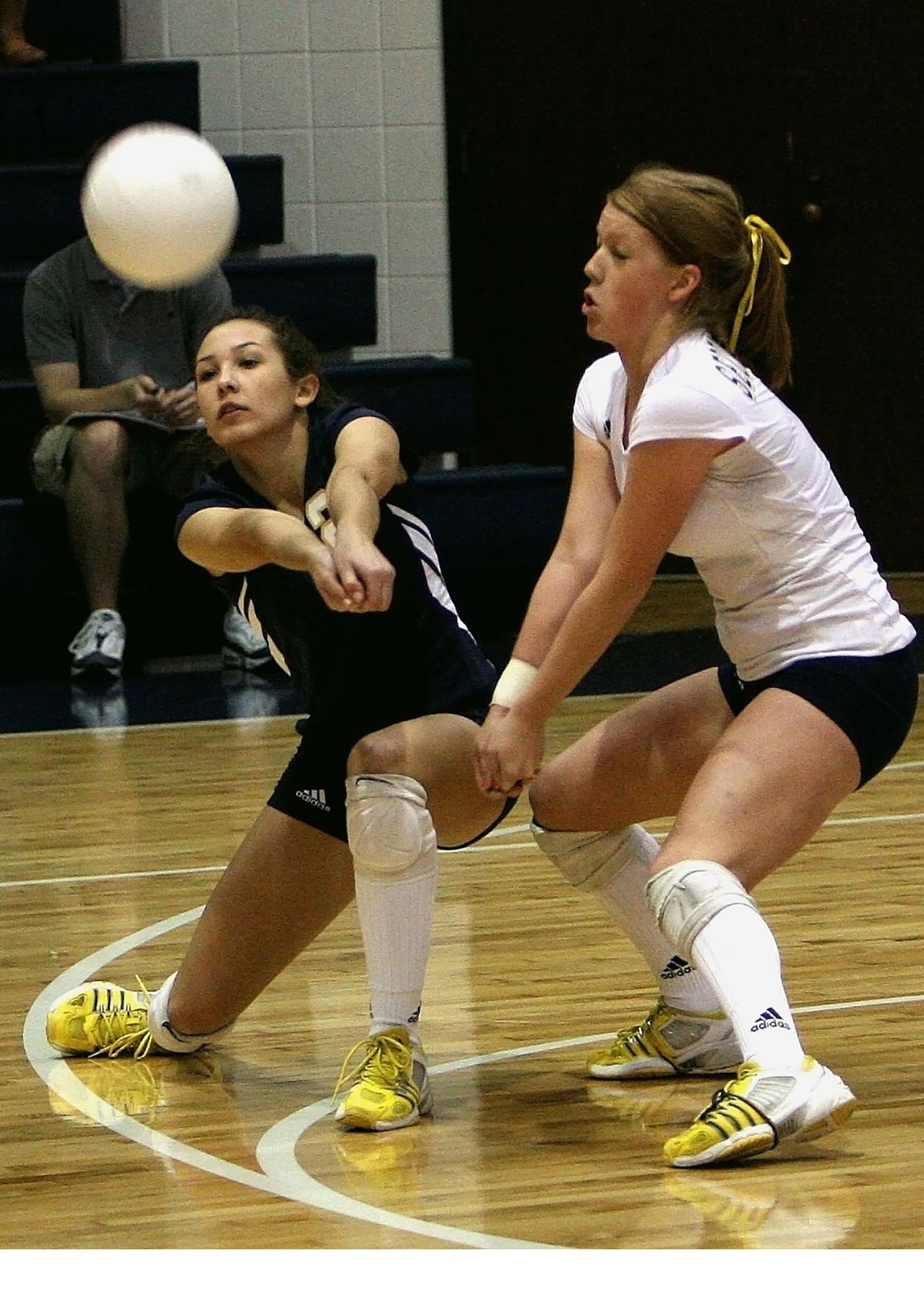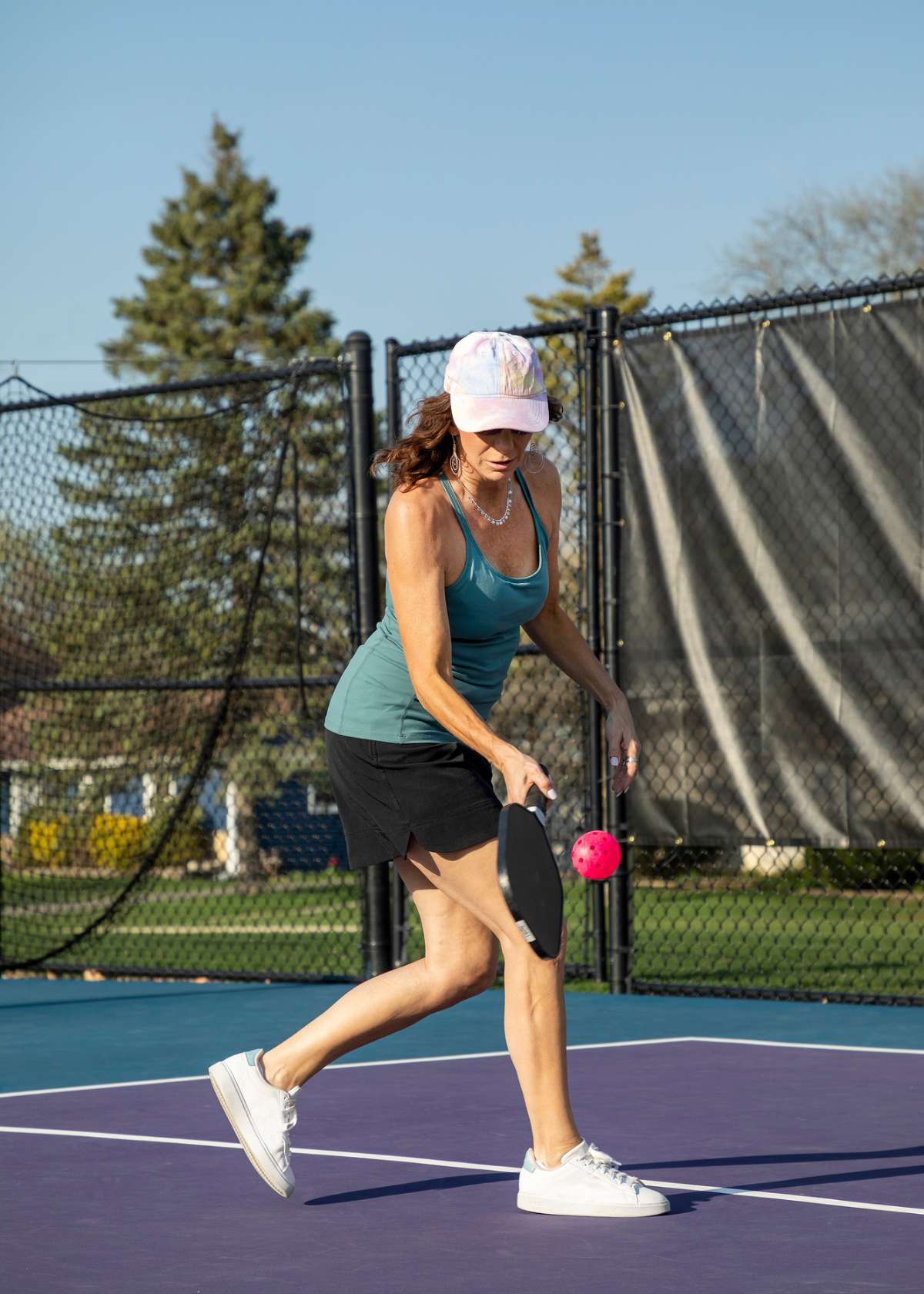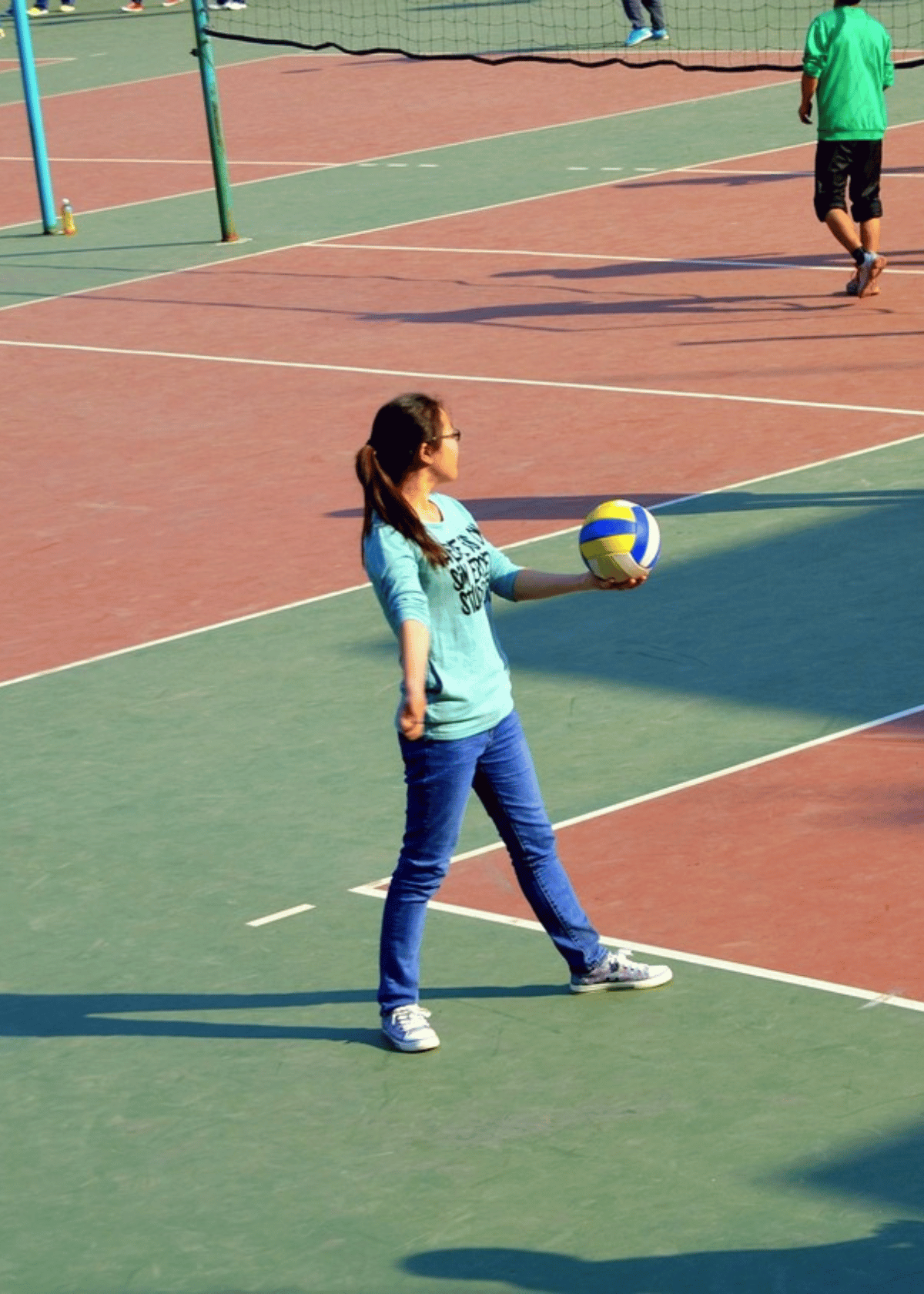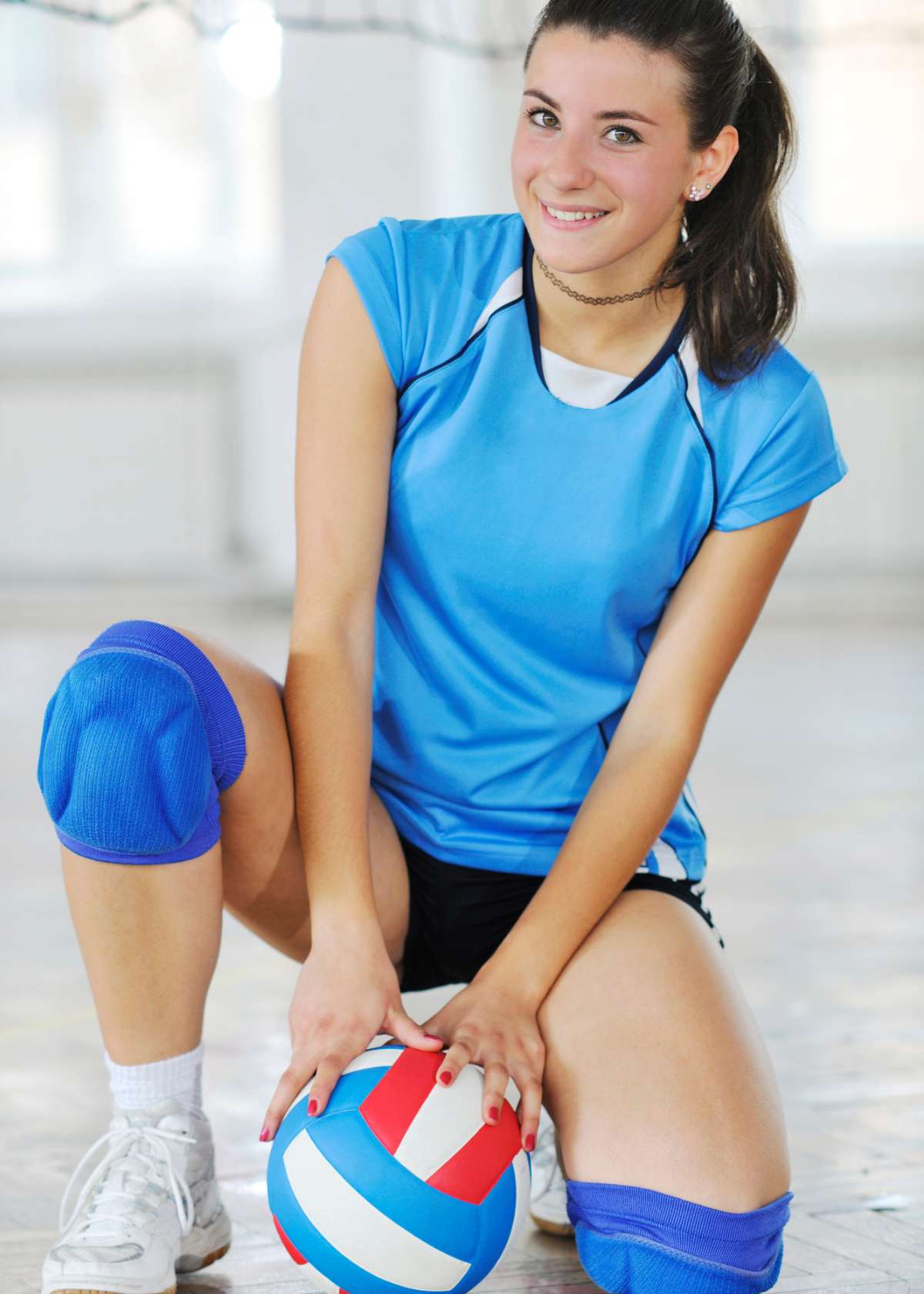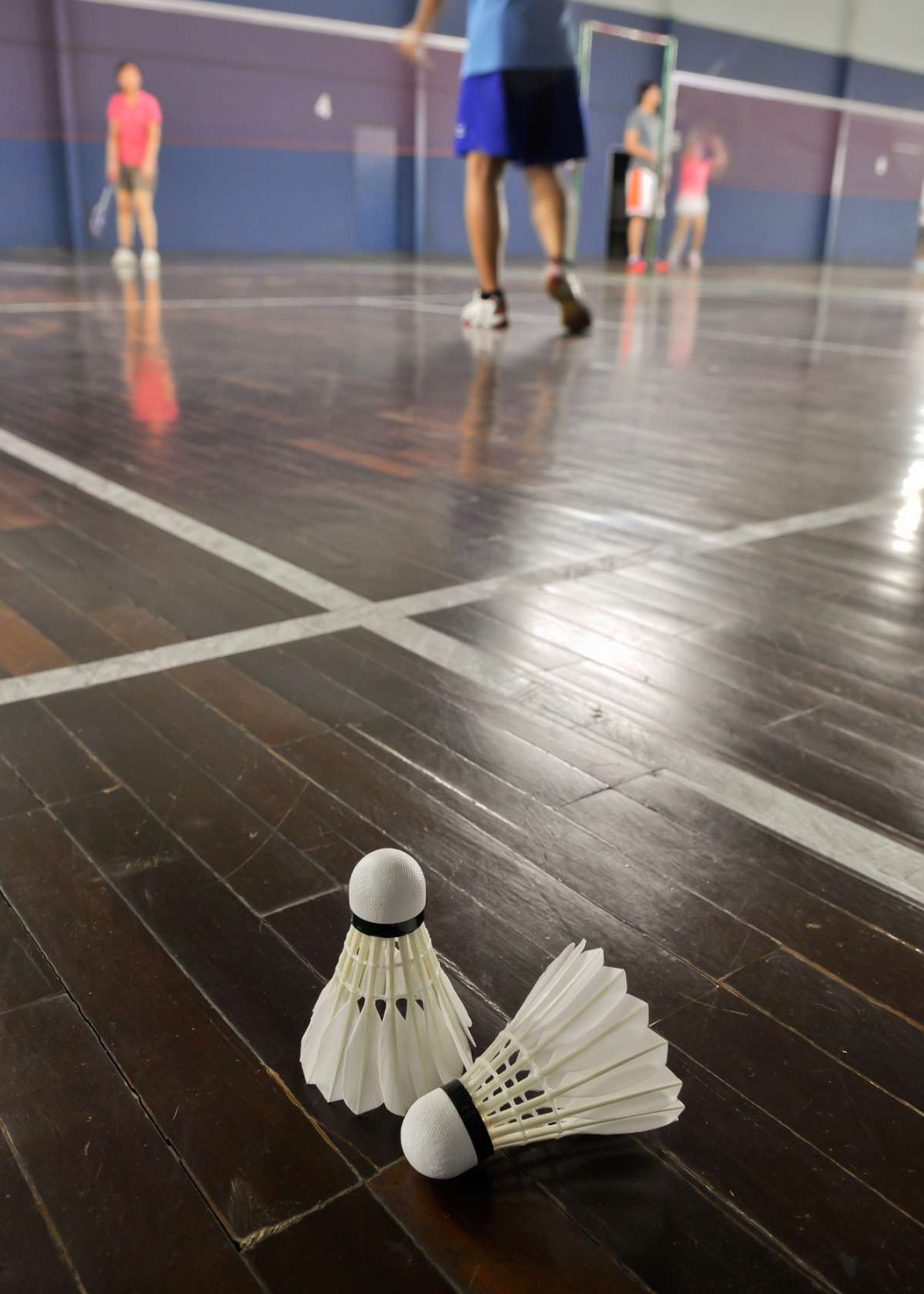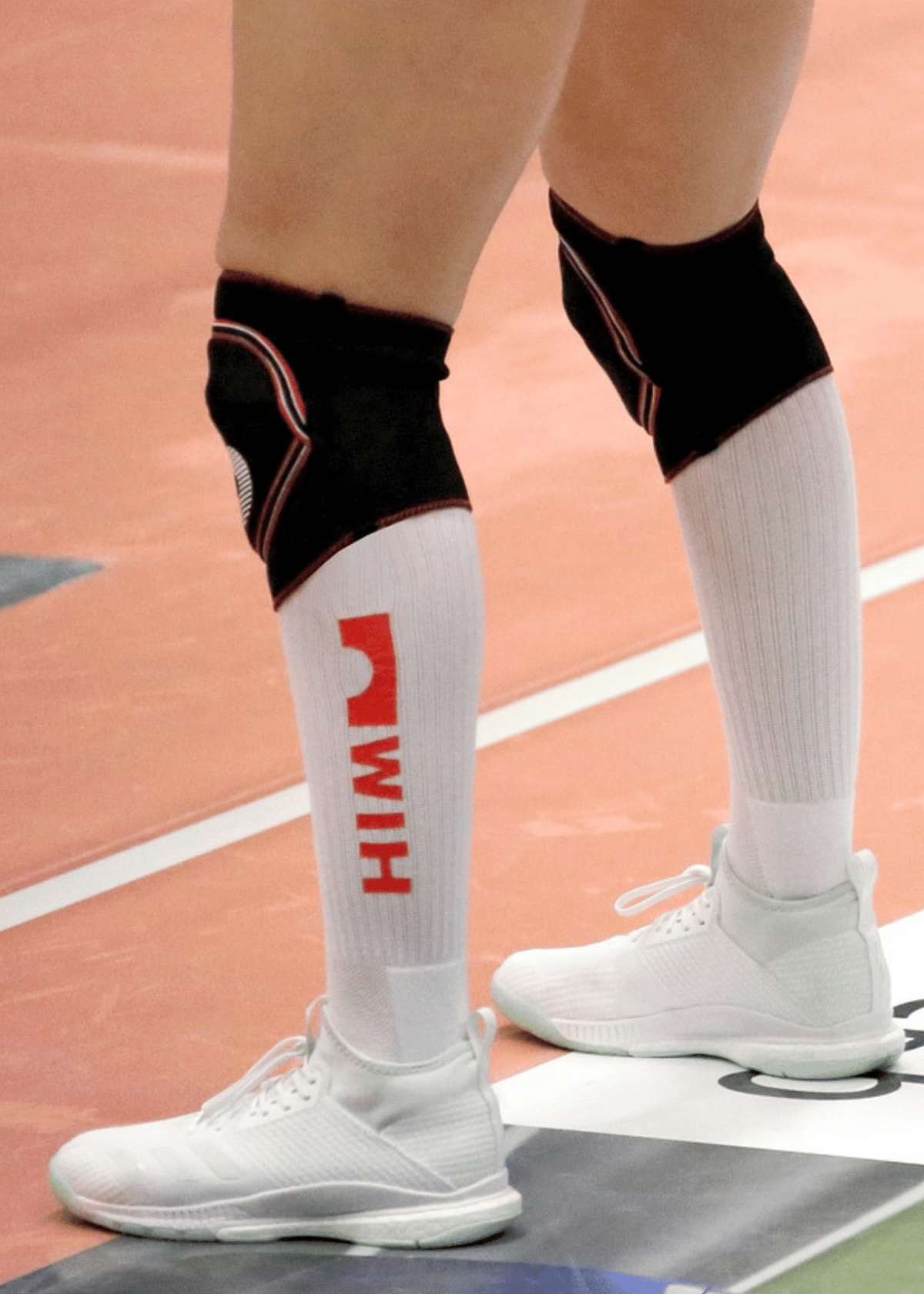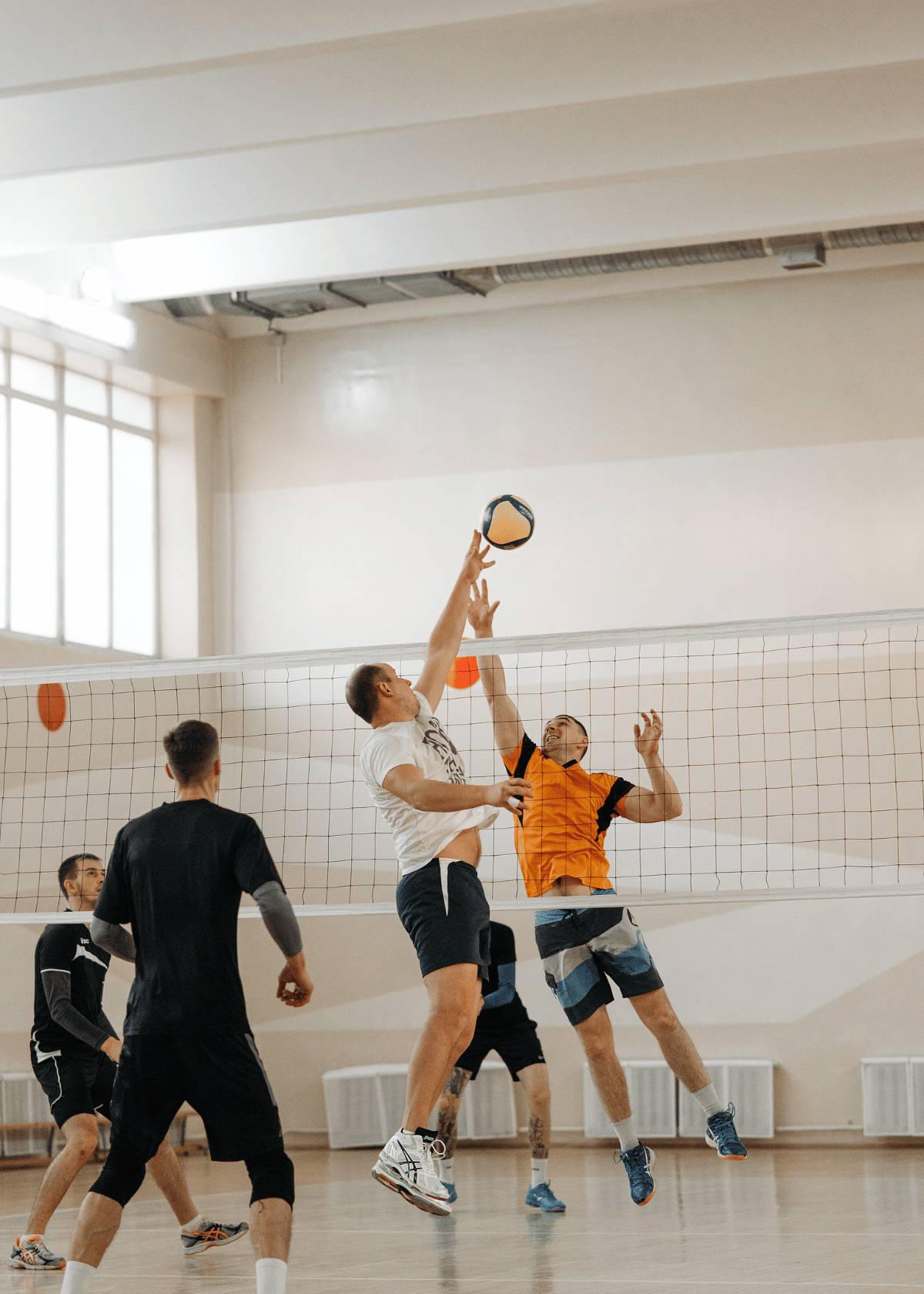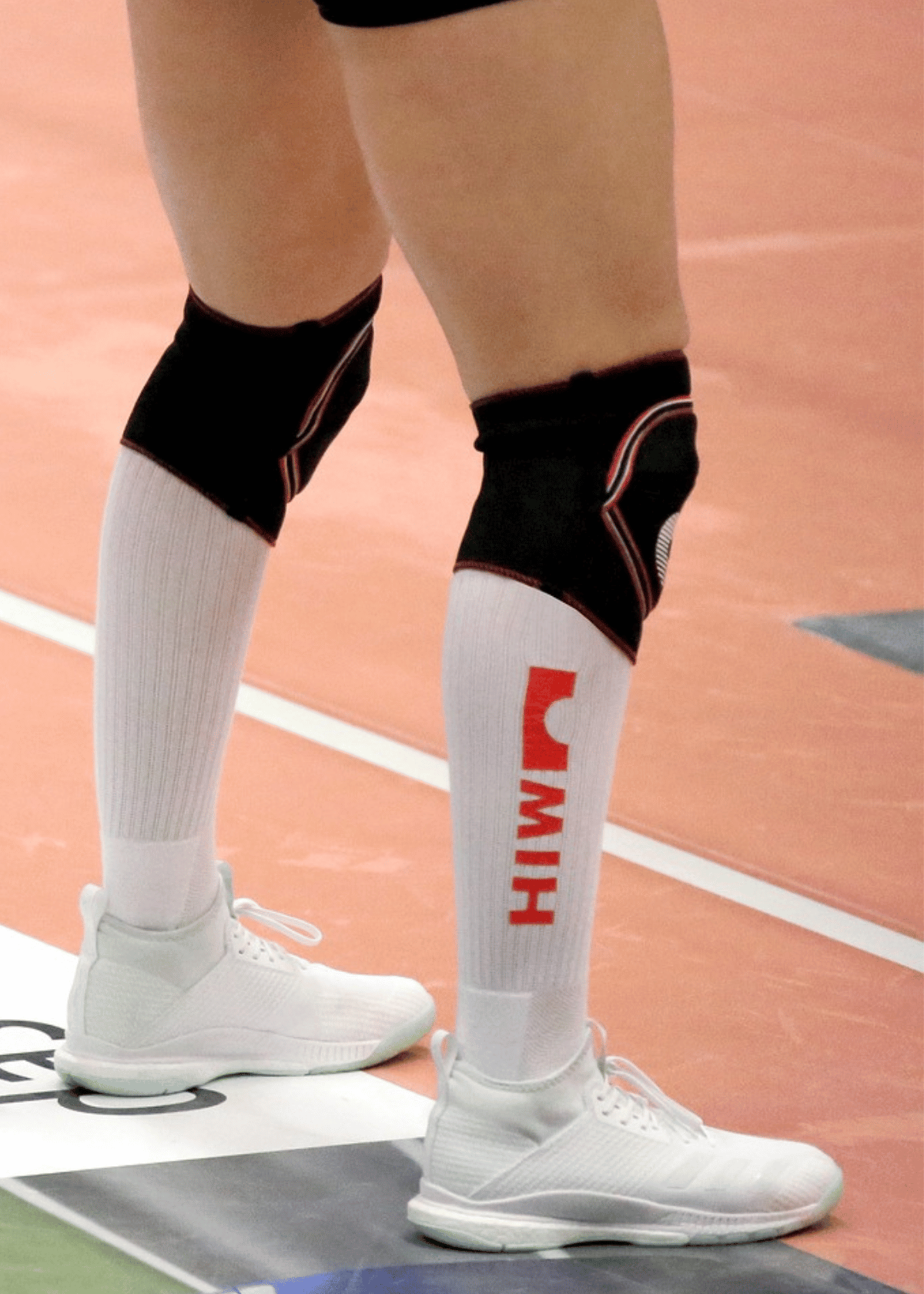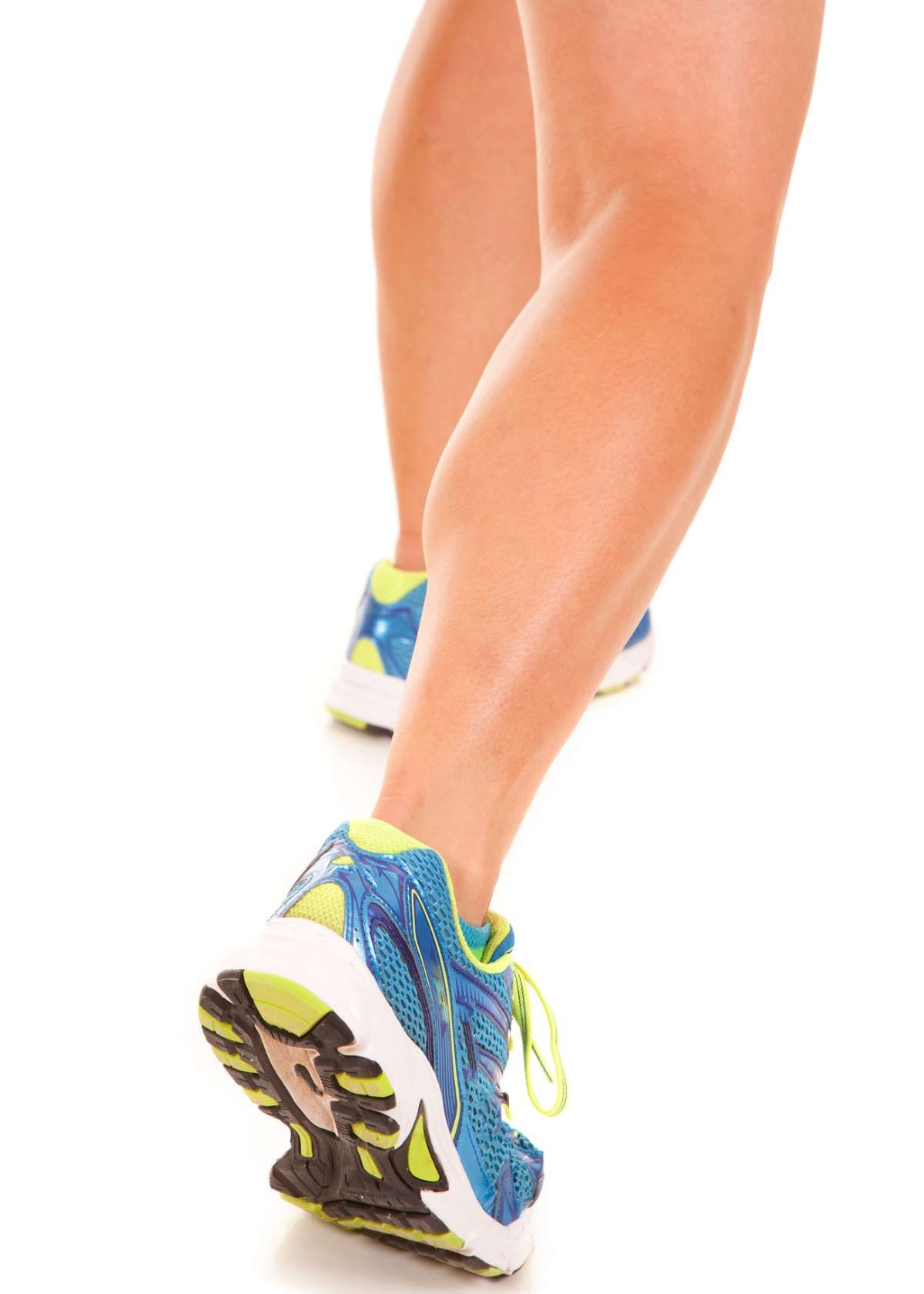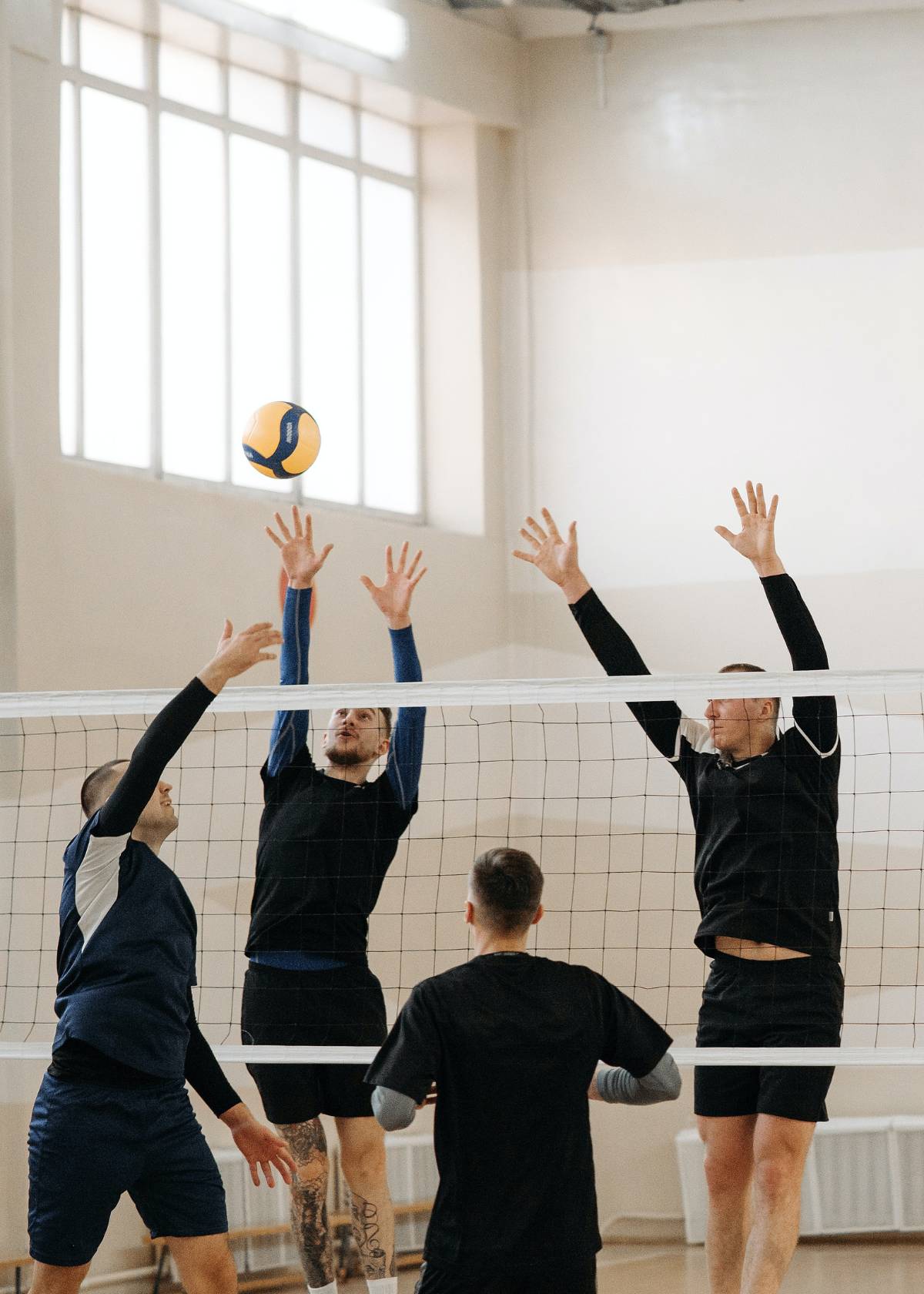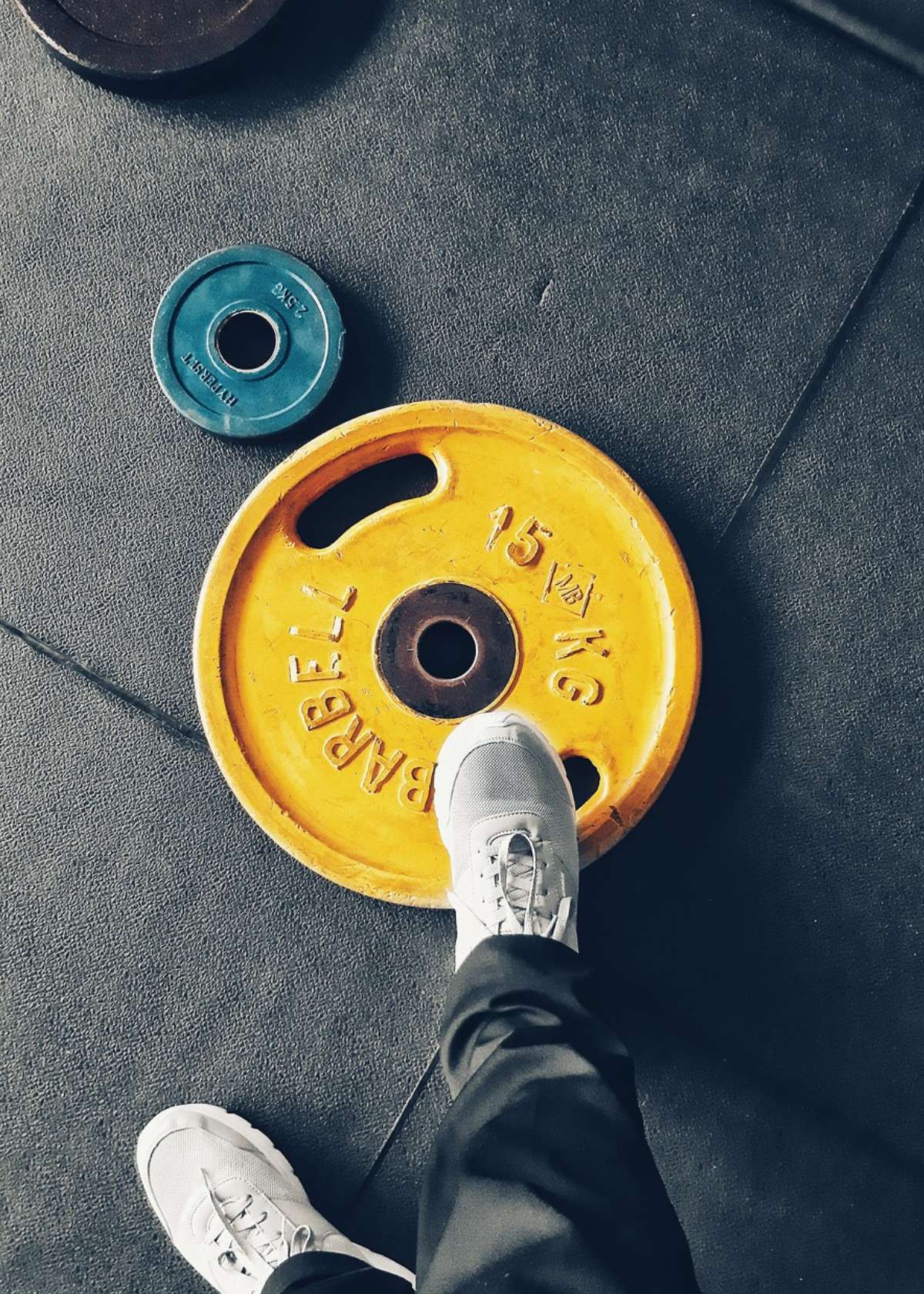Volleyball shoes are specifically designed to provide great traction, support, and comfort on the court. However, you may wonder if they can be used for other activities such as gym training. The answer is yes but with some caveats.
In this blog post, we will explore the benefits and drawbacks of wearing volleyball shoes for gym training, compare them with other gym shoes, and provide some best practices and alternatives to consider. So, let's dive in!
Can Volleyball Shoes Be Used for The Gym?
The short answer is yes, volleyball shoes can be used for the gym. In fact, many volleyball players wear their shoes for both indoor and outdoor court play as well as gym training.
However, it's important to consider the type of gym training you'll be doing and how the shoes will perform those activities.
Volleyball shoes are designed specifically for the sport, with features such as grip, stability, and shock absorption. While these features may be beneficial for some gym exercises, they may not be suitable for others.
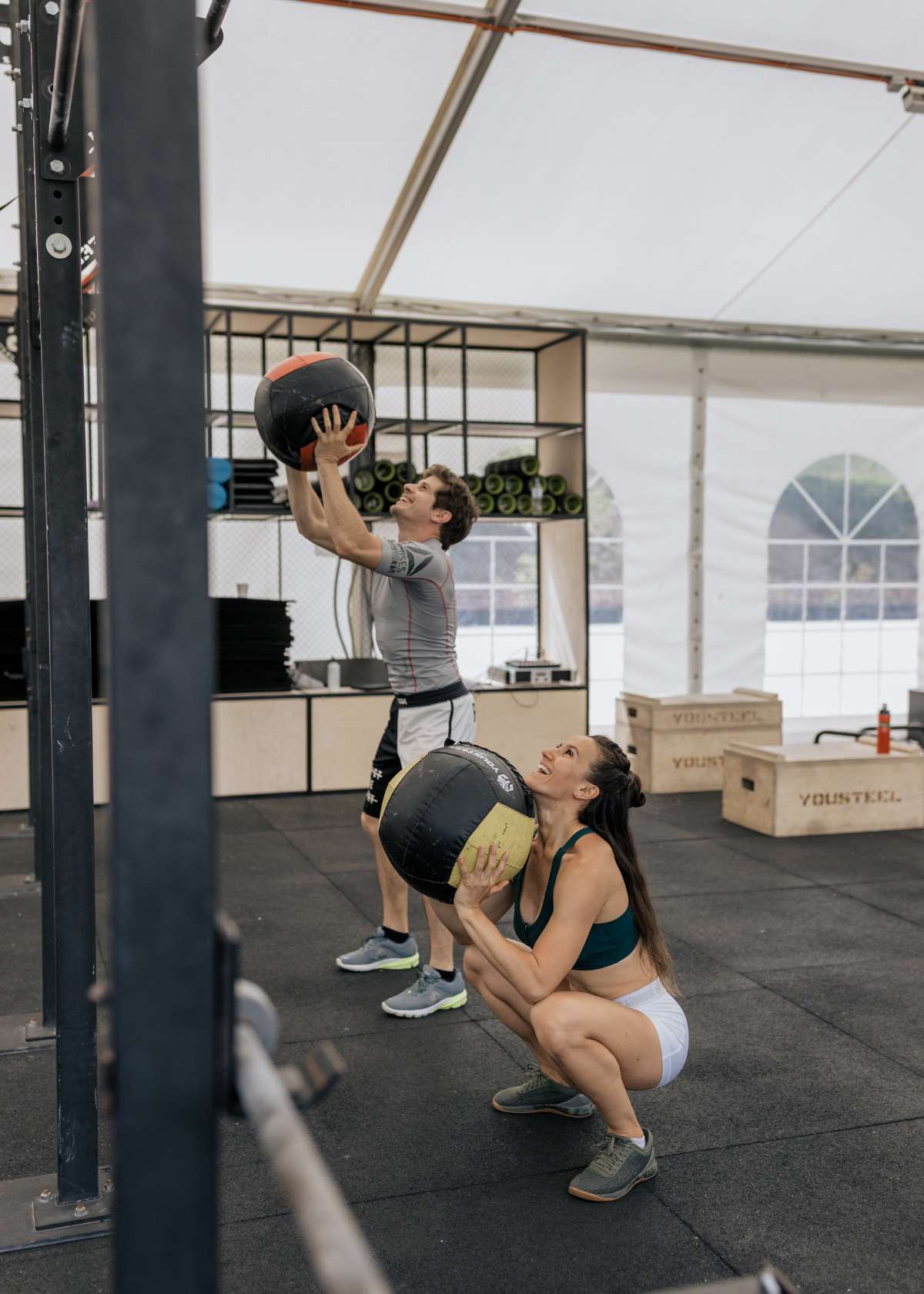
Are Volleyball Shoes Good for Lifting?
As a fitness expert, I am often asked if volleyball shoes are suitable for weightlifting. While volleyball shoes may seem like a viable option, they are not ideal for lifting.
Volleyball shoes are designed for quick lateral movements and jumps, which means they prioritize flexibility and shock absorption over stability and support.
This can make it difficult to maintain proper form and balance when performing compound lifts like squats and deadlifts. The flat sole and sturdy base of weightlifting shoes provide a stable platform for proper form and balance during these movements.
For serious lifters, investing in a specialized pair of shoes designed specifically for weightlifting is a wise choice that can make all the difference in achieving their fitness goals.
While volleyball shoes may be fine for lighter weightlifting or cardio-based workouts, I recommend investing in a pair of shoes specifically designed for weightlifting to ensure optimal safety and performance.
The Benefits of Wearing Volleyball Shoes for Gym Training
Volleyball shoes are excellent for lateral movements, such as side shuffles, which are common in many gym routines. The shoes’ gum rubber outsole provides excellent traction on the gym floor, preventing slipping and injuries.
In addition, the shoes’ cushioning system provides excellent shock absorption, reducing the impact on your joints and spine while jumping or lifting weights. Volleyball shoes are also designed to fit snugly around your feet, providing the necessary support and stability for your ankles.
Additionally, volleyball shoes are lightweight and breathable, which can enhance comfort and reduce foot fatigue during longer gym sessions.
The Drawbacks of Wearing Volleyball Shoes for Gym Training
While volleyball shoes have many benefits for the gym, they also have some drawbacks. Volleyball shoes are not designed for heavy lifting, which is typically required in weightlifting routines.
The shoes’ rounded soles and thin cushioning may not provide enough stability and support for heavy lifts, increasing the risk of injuries. Additionally, volleyball shoes may not be as durable as some other gym shoes, causing them to wear out quickly when used for gym training.
Furthermore, volleyball shoes are not designed for running or other cardio exercises that require a lot of impact absorption. They also may not provide as much ankle support as other gym shoes, such as cross trainers.
Comparison of Volleyball Shoes with Other Gym Shoes
When comparing volleyball shoes to other gym shoes, it's important to consider the type of training you'll be doing.
Cross-training shoes, for example, are designed for versatility and can be used for a wide range of gym exercises. They often have a wider sole for stability, good shock absorption, and a breathable upper for comfort.
Running shoes, on the other hand, are designed with a focus on shock absorption and forward movement. They may not provide enough lateral support or stability for jumping exercises.
Basketball shoes, like volleyball shoes, are designed with gripping soles and ankle support, making them a good choice for agility drills and jumping exercises.
Weightlifting shoes have a raised heel and stiffer sole, providing excellent stability and support for heavy lifts, but may not be suitable for other gym activities.
Key Features of Good Gym Shoes
Regardless of the type of gym shoe you choose, there are some key features to look for. A good gym shoe should have a stable sole with good shock absorption, and adequate support for the heel and midfoot.
It should also fit well, with a comfortable and breathable upper, and be lightweight enough to promote agility and quick movements. Finally, the shoe should have the appropriate level of grip for the activity you'll be doing, whether it's jumping, lifting, or running.
When looking for gym shoes, you should consider at least the following key features:
Comfort and Fit: The shoes should fit snugly and provide enough cushioning and support for your feet.
Traction: The shoes should provide excellent traction on the gym floor, preventing slipping and injuries.
Stability: The shoes should provide enough stability for lateral movements and heavy lifts.
Durability: The shoes should be built to last and resist wear and tear from gym training.
Best Practices for Using Volleyball Shoes in the Gym
When using volleyball shoes for gym training, it’s important to consider the type of exercise you’ll be doing and whether they are suitable for the shoes. If you plan on doing a lot of heavy lifting, running, or cardio exercises, volleyball shoes may not be the best choice.
In this case, it’s recommended to invest in a pair of cross-trainers or running shoes that are specifically designed for these activities.
If you decide to use volleyball shoes for gym training, here are some best practices to consider:
1. Use them for lateral movements, such as side shuffles, lunges, and zigzag runs.
2. Avoid using them for heavy lifts, such as squats, deadlifts, and bench presses.
3. Rotate them with other gym shoes to prevent wear and tear.
4. Follow the manufacturer’s care and maintenance instructions to prolong their lifespan.
Alternatives to Volleyball Shoes for Gym Training
If you are looking for alternatives to volleyball shoes for gym training, consider cross-training shoes, which provide versatile support for various gym activities, or weightlifting shoes, which offer excellent stability for heavy lifts.
Running shoes and basketball shoes are both good options too, depending on the type of training you'll be doing. Be sure to look for key features such as stability, support, comfort, and grip when choosing a gym shoe.
Conclusion
In conclusion, volleyball shoes can be used for gym training, but with some caveats. They provide excellent support, stability, and traction for lateral movements, but may not be suitable for heavy lifts.
When looking for gym shoes, consider the key features of comfort, fit, traction, stability, and durability.
If you decide to use volleyball shoes for gym training, follow the best practices we mentioned and consider alternatives such as cross-training shoes, running shoes, basketball shoes, or weightlifting shoes. As with any other equipment, your safety and comfort should be your top priority.
Thanks for reading and happy training!
Discover the ultimate volleyball shoes for both men and women with our expert recommendations.
Explore our additional volleyball and sports & fitness articles!
